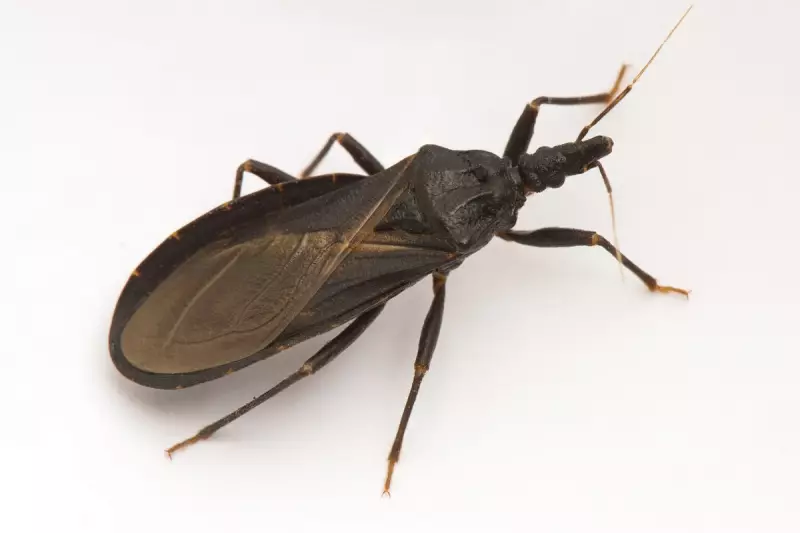
Health experts are sounding the alarm over the silent spread of a potentially deadly tropical disease, once thought to be exclusive to Latin America, now gaining a concerning foothold in the United States.
Chagas disease, a parasitic infection transmitted by so-called 'kissing bugs', is being increasingly detected across southern US states, with established insect populations found in Texas, California, Arizona, and other regions.
The Silent Nature of a Growing Threat
The disease, caused by the Trypanosoma cruzi parasite, is often called a 'silent killer' due to its initially mild, flu-like symptoms. However, this deceptive phase can last for decades before leading to severe and life-threatening cardiac and digestive complications.
This long latency period is what makes Chagas so dangerous, as many of the estimated 300,000 Americans already infected are likely unaware they carry the parasite, allowing it to cause irreversible damage.
How is Chagas Disease Transmitted?
The primary vector is the triatomine bug, which typically bites exposed skin on the face at night. The real danger comes from the bug's faeces, which can be accidentally rubbed into the bite wound, eyes, or mouth.
Beyond insect bites, transmission can also occur through:
- Congenital transfer from mother to baby during pregnancy.
- Contaminated blood transfusions or organ transplants.
- Ingesting uncooked food contaminated with bug faeces.
A Call for Increased Awareness and Screening
Medical professionals are urging for greater awareness among both the public and healthcare providers. Early detection is critical, as antiparasitic medication is highly effective only in the acute phase of the infection.
Increased screening, particularly for at-risk populations and pregnant women in endemic areas, is now considered a vital public health priority to curb the silent spread of this neglected tropical disease before it leads to a larger crisis.





